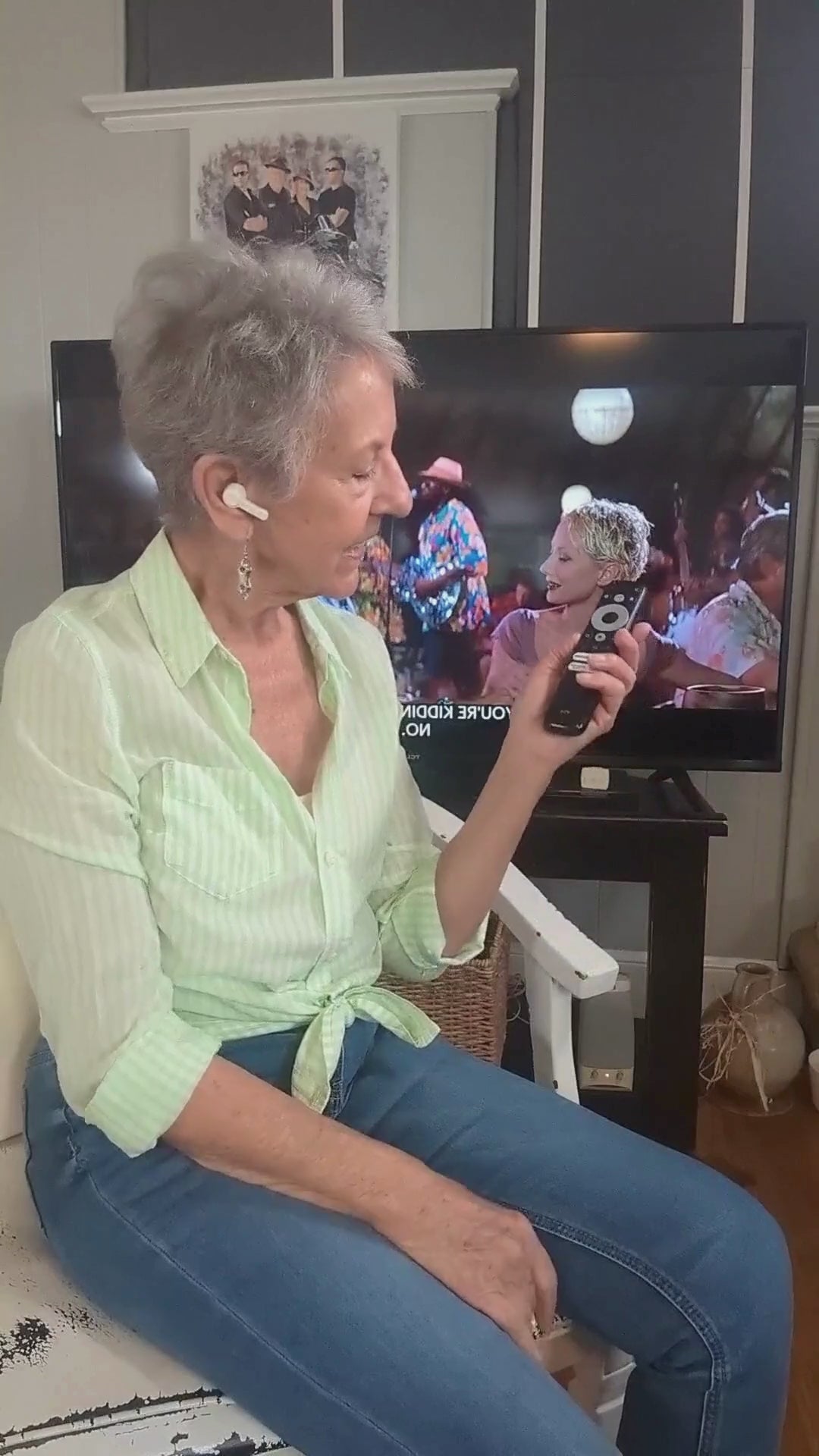Introduction
Hearing connects us to the world. It allows us to savor a loved one's laughter, engage in meaningful conversations, and enjoy the sounds of nature. When this sense begins to fade, even in its mildest form, it prompts critical questions: Can mild hearing loss be cured? Is there a solution beyond simply turning up the volume?
This article explores the complexities of mild hearing loss, beginning with its definition and causes. By understanding the roots of this common condition, individuals can make informed decisions and take proactive steps toward regaining auditory clarity.
Understanding Mild Hearing Loss
Definition and Causes
Mild hearing loss is defined as difficulty hearing soft or distant sounds, such as whispers or the rustling of leaves. Although it may seem less serious than profound hearing loss, its impact on daily life can be significant. Communication challenges often arise, especially in noisy environments or group conversations.
The causes of mild hearing loss are varied. Common factors include aging, genetic predispositions, prolonged exposure to loud noises, certain infections, and medical conditions such as diabetes or cardiovascular disease. By identifying the underlying cause, individuals can better determine the most effective path toward managing or improving their hearing.
The Quest for a Cure
Lifestyle Adjustments
Lifestyle adjustments can play a critical role in managing mild hearing loss. Simple strategies—such as facing speakers directly, reducing background noise, and asking for clarification—can greatly enhance communication.
Creating a hearing-friendly environment at home and work, and avoiding prolonged exposure to loud sounds, are essential steps. By facing hearing difficulties proactively, individuals can maintain better connections with those around them and prevent further deterioration.

Medical Interventions
While a complete cure for mild hearing loss remains rare, certain medical interventions can address specific causes or alleviate symptoms. Treatment options may include removing impacted earwax, addressing middle ear infections, or managing conditions such as otosclerosis.
Audiological assessments, conducted by hearing professionals, can diagnose the degree and type of hearing loss. In some cases, emerging treatments, such as regenerative therapies or early-stage medications, offer promise for the future of hearing healthcare.
Beyond Amplification: Innovative Solutions from Mimitakara
Mimitakara's Advanced Technologies
Mimitakara is a leader in hearing aid innovation, offering solutions that go far beyond basic amplification. Their devices are tailored specifically for individuals with mild hearing loss, providing discreet designs, intelligent sound processing, and personalized settings that adapt to different environments.
Advanced features like background noise reduction, Bluetooth connectivity, and feedback suppression ensure that users experience a natural and effortless hearing improvement without sacrificing comfort or aesthetics.
User Stories: Realizing the Potential
Real-life experiences highlight the profound difference that the right hearing aid can make. Many users report regaining confidence in social settings, re-engaging with family activities, and enjoying music and nature in ways they thought were lost.
These success stories demonstrate that mild hearing loss does not have to limit life's richness. With the right support, individuals can rediscover the joy of clear communication and meaningful interaction.
The Future of Mild Hearing Loss
Research and Innovation
The future of hearing healthcare is promising. Research into regenerative therapies, such as the regeneration of inner ear hair cells, is underway. Scientists are also exploring gene therapies, drug treatments, and improved hearing technologies designed to better address the unique challenges of mild hearing loss.
Advancements in early detection tools and personalized hearing solutions suggest a future where hearing loss may be managed more effectively—and potentially reversed in some cases.
Conclusion
:max_bytes(150000):strip_icc()/hearing-loss-treatment-5212584_final-c48c11dbf5674fd4adb1af3549e5f265.png)
The question of whether mild hearing loss can be cured leads to a deeper understanding of the condition itself. From defining its causes and impacts to exploring practical lifestyle adjustments, medical interventions, and technological innovations, individuals are better equipped than ever to take charge of their hearing health.
While a full cure for mild hearing loss remains an ongoing goal, today's hearing aids, like those from Mimitakara, offer transformative improvements. Early action and informed choices can protect communication skills, social connections, and mental well-being for years to come.
The future of hearing healthcare is bright. Through resilience, innovation, and proactive management, the journey toward better hearing continues.
FAQ: Common Questions About Mild Hearing Loss
Q1. Can mild hearing loss go away on its own?
In some cases, mild hearing loss caused by temporary factors, such as ear infections or earwax buildup, may resolve with treatment. However, permanent hearing loss due to aging, noise exposure, or medical conditions typically does not reverse on its own.
Q2. What are the early signs of mild hearing loss?
Early signs include difficulty hearing soft sounds, trouble following conversations in noisy environments, frequently asking others to repeat themselves, and increasing the volume on televisions or phones.
Q3. Is mild hearing loss serious enough for hearing aids?
Yes. Even mild hearing loss can impact communication, mental health, and quality of life. Using hearing aids early can prevent social withdrawal, listening fatigue, and cognitive decline.
Q4. How can lifestyle changes help manage mild hearing loss?
Reducing exposure to loud noises, creating quieter environments, practicing active listening strategies, and maintaining regular hearing checkups are all beneficial in managing mild hearing loss.
Q5. What makes Mimitakara hearing aids different for mild hearing loss?
Mimitakara hearing aids feature discreet designs, customizable settings, background noise management, and advanced sound processing, specifically tuned to the needs of individuals with mild hearing loss.












